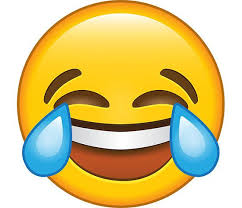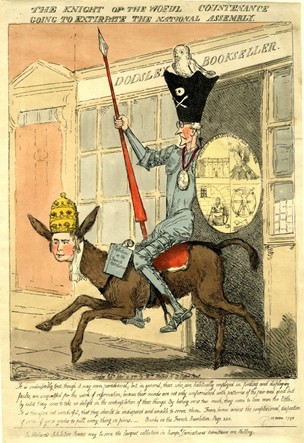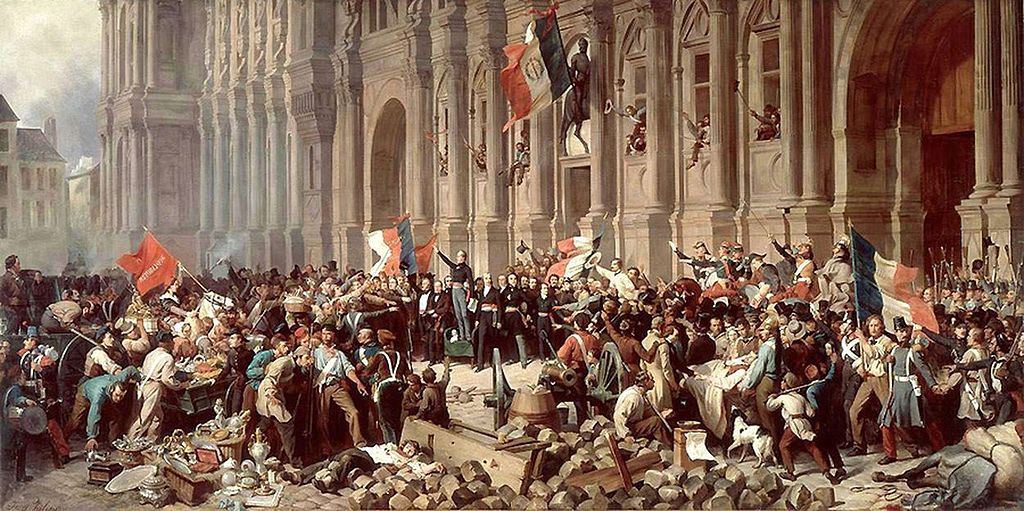I have enjoyed teaching students at Northwestern University, the College of William & Mary, and the University of Exeter.
Modules Taught at Exeter

The Politics of Humour
Ridicule, satire, and other forms of humour are everywhere in our contemporary public sphere. Some have celebrated humour as a much-needed antidote to hypocrisy, conceitedness, and authoritarianism. Others, by contrast, have highlighted the worrying potential of humour to demean, humiliate, debase, and distract. In this module we explore the politics of humour by drawing on resources in political theory, philosophy, anthropology, psychology, and cultural history. We tackle questions like the following: What makes laughter a social and political phenomenon? Is a sense of humour a civic virtue? What makes humour supportive of social order in some instances and disruptive of it in others? Is comedy good for democracy or does it dissipate energies that might otherwise be directed towards more earnest forms of civic engagement? Is ridicule ethically defensible in debate and what limits (if any) should be placed upon its use? How might a joke qualify as hate speech? In short, we critically analyse humour with an eye to its political implications, potentialities, and dangers.

Early Modern Political Thought
In this module we confront some of the most fundamental problems of modern politics. What is the purpose of the state and from where does it gain its legitimacy? Why should we obey the law? How does human nature condition what is possible in politics? What does it mean to be a free citizen and what institutions best guarantee our freedom?
Our approach to engaging these questions is historical. More specifically, we will sample some of the best attempts to answer them from early modernity, a period that stretches from the Italian Renaissance to the Haitian Revolution. The political theorists we are in dialogue from that period are Niccoló Machiavelli (1469–1527), Thomas Hobbes (1588–1679), John Locke (1632–1704), Jean-Jacques Rousseau (1712–1778), Edmund Burke (1729-1797), and Mary Wollstonecraft (1759-1797).

Understanding and Interpretation in Political Thought
This module grapples with problems of understanding and interpretation in the history of political thought. We consider a wide range of questions, including the following: Should we look at works of political philosophy as interventions into debates that are specific to the time they were written in? Or can they have relevance beyond their immediate context? Why and how do political languages and concepts change over time? Are the core assumptions of European political thought premised on the subordination of women and non-European peoples? What are political traditions and how do they evolve? What would it mean to decentre Europe in the study of political thought? In addressing these questions, the module ranges widely over issues and theorists associated with epistemology, hermeneutics and social theory, as well as political philosophy. The thinkers we engage include Carole Pateman, Jeremy Waldron, Quentin Skinner, Leo Strauss, Charles Mills, and Axel Honneth.

Revolution and Modern Political Thought
The concept of revolution stands at the centre of our understanding of modern politics. Journalists and political scientists routinely use the term ‘revolution’ to capture phenomena as disparate as the Arab Spring and the Tea Party movement, while the roster of celebrated revolutionaries has included communist guerrillas (Che Guevara) and conservative US Presidents (Ronald Reagan). Yet the casualness with which the language of revolution is employed conceals the fact that few concepts in the history of political thought have had their meaning as heavily disputed. Focusing primarily on the American and French revolutions of the late eighteenth century we trace the troubled conceptual career of revolution, posing the following questions as we go: What distinguishes a revolution from a mere rebellion, civil war, revolt, or other tumultuous event? What sources of authority or legitimacy have modern revolutionaries drawn upon? Are revolutions inextricably associated with political violence and if so how can that violence be tempered? Are attempts to remodel society in accordance with some rational scheme necessarily doomed to fail? Accompanying us in our engagement with these questions during the first term is a group of eighteenth-century political theorists who came to grips with the phenomenon of revolution, its promises and its dangers, like few others before or since: Thomas Paine, Thomas Jefferson, Abbé Sieyès, the Marquis de Condorcet, Benjamin Constant, and Edmund Burke. The second half of the module examines the experience of women and slaves in the age of revolution through the writings of Mary Wollstonecraft and Toussaint L’Ouverture, the leader of the most successful slave revolt in modern history. Our focus then shifts to nineteenth-century thinkers who pondered the legacy of the ‘Age of Revolutions’ such as Alexis de Tocqueville, Frederick Douglass, and Karl Marx.